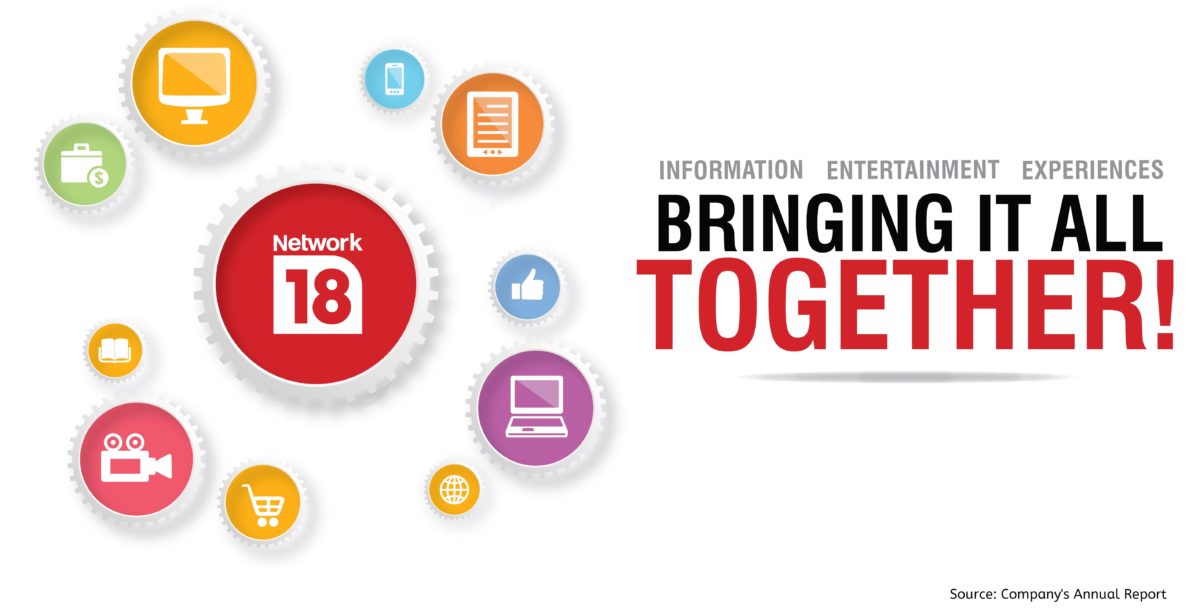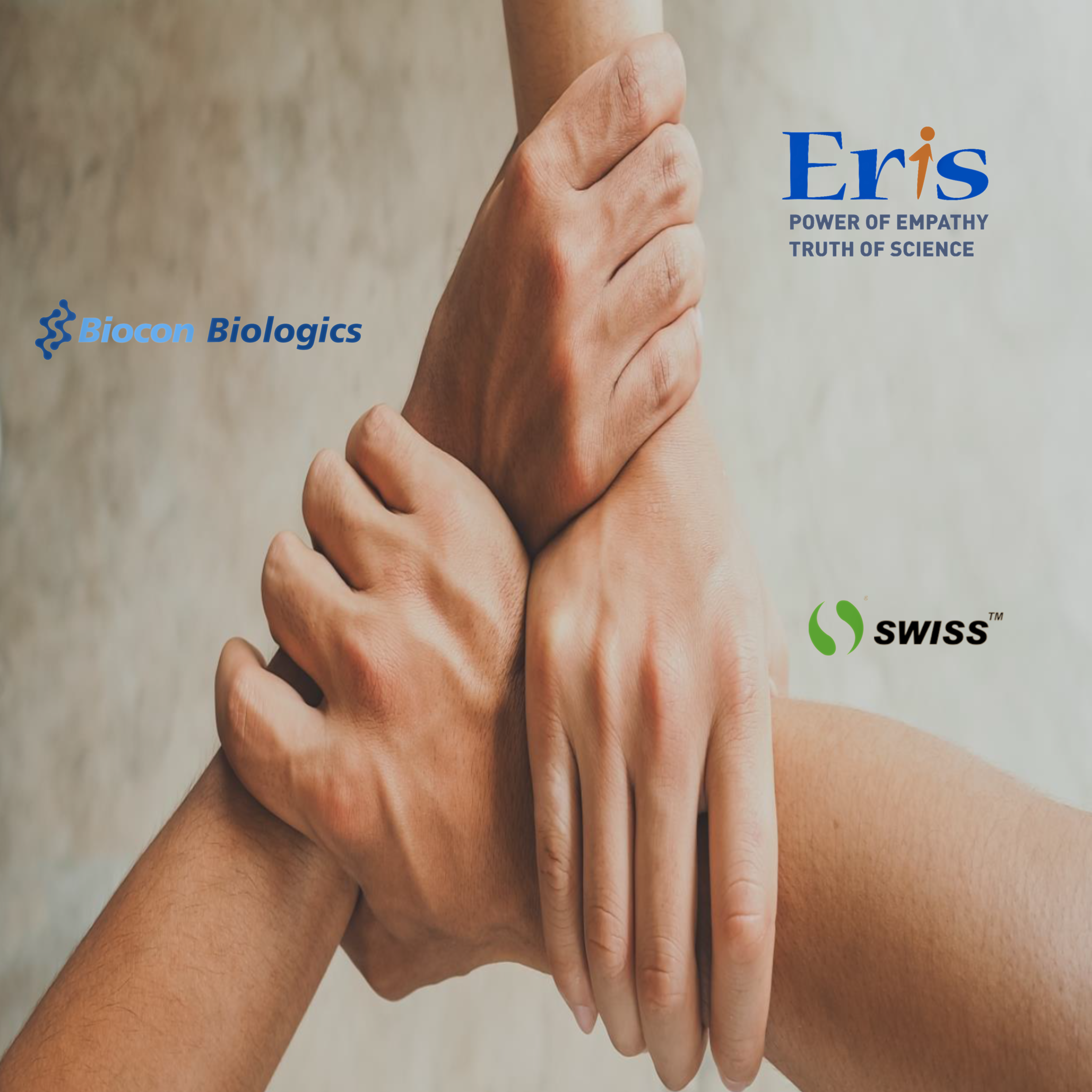However, 2016 did bring cheer to some. The year saw some major deals sail through smoothly. According to Reuters, global M&A activity rose to $3.1 trillion through 16,194 deals, the highest since 2007.
Mergermarket, an M&A tracking firm noted that October 2016, marked the peak of yearly M&A activity, with 1,362 deals worth $454.3 billion.
1. Acquisition of LinkedIn by Microsoft
Deal amount: $26.2 billion
Sector: Technology
Microsft said it was acquiring professional social networking platform LinkedIn in an all-cash deal for $26.2 billion. Microsoft will pay $196 per LinkedIn share in a deal cleared by the European Commission. The tech giant has also obtained all of the regulatory approvals needed to complete the acquisition. After the deal, LinkedIn will become part of Microsoft’s productivity and business processes unit.
The Microsoft-Linkedin deal marked the largest-ever acquisition by the former, after its $8.5 billion purchase of Skype in 2011. Microsoft plans to finance the deal primarily through the issuance of new debt. The deal has received unanimous approval of both LinkedIn and Microsoft’s board.
2. Essar Oil and Rosneft
Deal amount: $10.9 billion
Sector: Oil & Gas
Russian oil major Rosneft, its partners and Essar Oil sealed an all-cash $13 billion deal announced in October, under which Rosneft and its partners will take over India’s second largest private oil firm Essar Oil. The Competition Commission has given them the green signal. Under the deal, Rosneft will purchase a 49 per cent stake in Essar Oil’s refinery port and petrol pumps. Netherlands-based Trafigura Group and Russian investment fund United Capital Partners split another 49 per cent equity equally.
The remaining 2 per cent remains with minority shareholders after the delisting of Essar Oil.
The deal has an enterprise value of close to $13 billion, including Essar Oil’s debt of $4.5 billion and around $2 billion debt with the port company and power plant.
About $3 billion dues to Iran for past oil purchases will continue to be on Essar Oil books.
3. Aircel & Reliance Communication merger
Sector: Telecom Services
R-Com will demerge its wireless business and transfer it to the new entity, while the standalone business will focus on the enterprise segment and data centre businesses. Sistema will continue to hold 10 per cent in standalone R-Com. R-Com’s shares ended the day three per cent higher at Rs 50.
Both R-Com and Maxis will hold 50 per cent each in the new entity.
RCom’s overall debt will reduce by Rs 20,000 crore ($3 billion) or over 40 per cent, and Aircel’s debt will reduce by Rs 4,000 crore ($600 million), upon completion of the transaction in 2017.
The merger transaction is subject to regulatory and shareholder approvals.
4. Max Life Insurance and HDFC Life merger
Deal amount: $3.02 billion
Sector: Healthcare
With Max Financial Services getting approval from minority shareholders, the amalgamation of Max Life and HDFC Life is likely to be completed within the next 12 months.
HDFC Chairman Deepak Parekh and Max Group Chairman Analjit Singh announced a deal merging their life insurance businesses to create what will eventually be India’s largest listed life insurance. Under the three-step merger process, Max Life will first combine with its parent Max Financial Services Ltd. In the next stage, the insurance unit will be demerged from this entity into HDFC Life. Finally, the non-insurance businesses of Max Financial will merge into group company Max India Ltd. The valuation of the merged life insurance entity will be around Rs 65,000 crore and will be called HDFC Life.
The deal is expected to kick-start consolidation in India’s lucrative yet crowded $50 billion insurance sector.
5. Acquisition of Starwood by Marriott International
Deal amount: $13.6 billion
Sector: Service
Marriott International, in September, closed its deal at $13 billion with the acquisition of Starwood Hotels and Resorts Worldwide, bringing together its Marriott, Courtyard and Ritz-Carlton brands with Starwood’s Sheraton, Westin, W and St Regis properties.
In total, 30 hotel brands now fall under the Marriott umbrella to create the largest hotel chain in the world with more than 5,700 properties and 1.1 million rooms in more than 110 countries. That’s more than one out of every 15 hotel rooms around the globe.
According to a report published in Business Standard, “Marriott, after the buyout of Starwood, has surpassed the Taj group to become India’s largest hotel chain with nearly 18,000 rooms.”
6. Bayer & Monsanto
Deal: $66 billion




